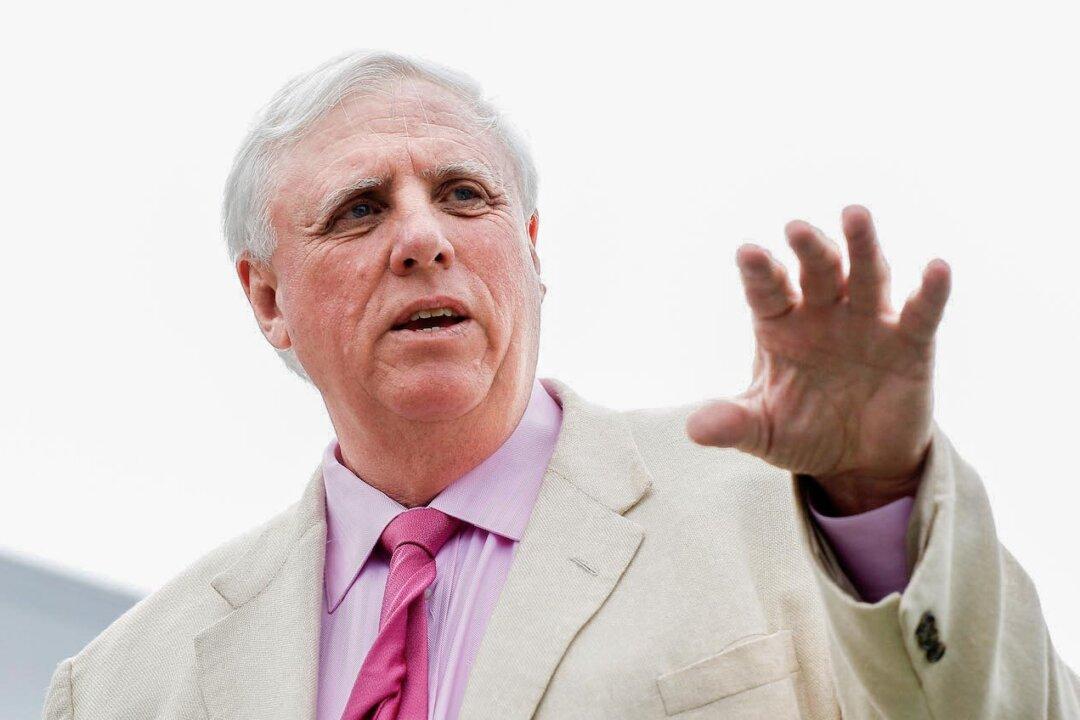West Virginia’s governor vetoed a bill on March 27 that would have allowed fewer children to get mandated vaccines.
Gov. Jim Justice, a Republican, said the move came after receiving feedback from doctors and others in the medical community.

West Virginia’s governor vetoed a bill on March 27 that would have allowed fewer children to get mandated vaccines.
Gov. Jim Justice, a Republican, said the move came after receiving feedback from doctors and others in the medical community.